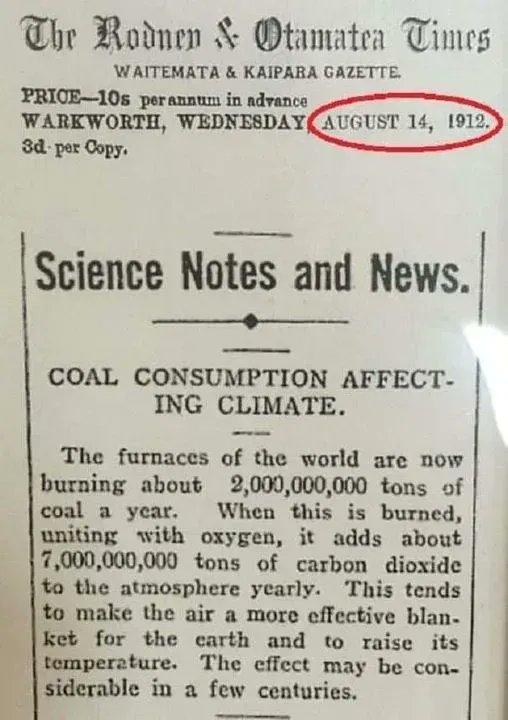To Prof Klaus Lackner,
I hope this post finds you well.
Today, October 11, 2022, I sent via email and snail mail this idea.
Hi Prof Klaus Lackner,
Hoping I will get your attention, I have sent this as snail mail and via email at [email protected]
I really don’t know how to suggest this idea to you, so I will just say it. Although, preventing more CO2 exhaust is important, removing what’s up there in our atmosphere is of highest importance. Impressed with your CO2 extraction efforts, I would like to suggest you make all research and manufacturing process control data open source.
This way we would improve our (Earth) chances of success. Multiple groups of people and companies producing and deploying your technology around the world would be a better guarantee of success. Right now, all of our eggs are in one basket, yours. Predatory delays and supply issues can easily slow progress and prevent successful deployment. We are in dire straits now. Please don’t take any chances.
Thank you for your time.
I hope to get some kind of response. Or, better yet maybe Prof Klaus Lackner will share the research efforts he has made to the world. We need to de everything we can to improve our chances.
I will keep updating this post, to keep you informed. More later.
2022-10-21 Update: I have received no response from Prof Klaus Lackner. It has been 10 days.
Update: I found this on twitter.com

2022-11-29 Update: As of today, I have received no response from Prof Klaus Lackner. I am going to close this.
Thank you for your time,
Paul Maxwell
2023-03-18 Update: I have decided to reopen this in light of some recent news. I read that the manufacturing of the carbon capture components are to be done in China. A few weeks ago the president of China informed the People Liberation Army (PLA)to be ready by 2027. This means that they are more likely than ever to invade Taiwan. In my opinion manufacturing in China might be a mistake. When it comes to capturing carbon from the atmosphere, you can’t afford to fail. We need this badly. So, I am going to rewrite and resend the email/letter. Hopefully, this time it might work.
Hi Prof Klaus Lackner,
I thank you for creating passive carbon capture solutions. Removing what’s up there in our atmosphere is of highest importance. Recently, the president of China informed the Peoples Liberation Army to be ready by 2027. Meaning be ready for a possible invasion of Taiwan. If you are manufacturing in China or plan too, please rethink this. A possible manufacturing stoppage or failure will ruin the carbon capture efforts we so desperately need. I would suggest manufacturing in many different locales as well as in different countries at the same time. Spreading out the risk, so as the ensure success.
This way we would improve our chances, for our children’s habitability on earth. As well as reducing the time to market, multiple facilities producing and deploying your technology around the world would be a better guarantee of success.
Transitioning from research to manufacturing is painful. I know, I’ve been there. My first job as a Product Introduction Engineer was to lessen the efforts of the research and developing engineers’ involvement with manufacturing, thus freeing up their time to spend it on new product development. Although, this was a great idea at the time (1985), in retrospect, I have learned the best investment for a transition to manufacturing is to have as many Process Control Engineers as you can. The more you have, the better chances of a smooth transition to manufacturing.
Please, we are in dire straits now. I urge you to spread the risk to reduce your chances of failure. If you don’t think we are in dire straights then ask Bing Chat which has the new AI ChatGPT-4 this question.
Can excess CO2 cause plant nutrition depletion?
Yes, excess CO2 can cause plant nutrition depletion. When plants take in an excess of CO2, their chemical makeup changes in a way that’s harmful to the humans and animals that depend on them for nutrition. Higher concentrations of CO2 increase the synthesis of carbohydrates like sugars and starches and decrease the concentrations of proteins and nutrients like zinc, iron, and B-vitamins. Elevated levels of CO2 make it difficult for plants to obtain the minerals necessary to grow and provide nutritious food.
Since 1950, the iron in spinach has dropped 27%. etc, all across the board, plant and animal nutrition levels have dropped. We need to do carbon capture.
Learn more: